I recently listened to the audiobook Digital minimalism by Cal Newport. It inspired me to do a digital detox. My aim: form conscious habits to support a healthy use of technology.
I put ‘Do a Digital Detox’ on my creative dream list. In January, for about 30 days, I didn’t watch any movies, series, Youtube or TV. I didn’t check Instagram, Facebook or Twitter, or mindlessly surfed the Internet. I also removed my email from my phone (I consciously never installed Youtube, Instagram & Facebook on my phone in the first place).
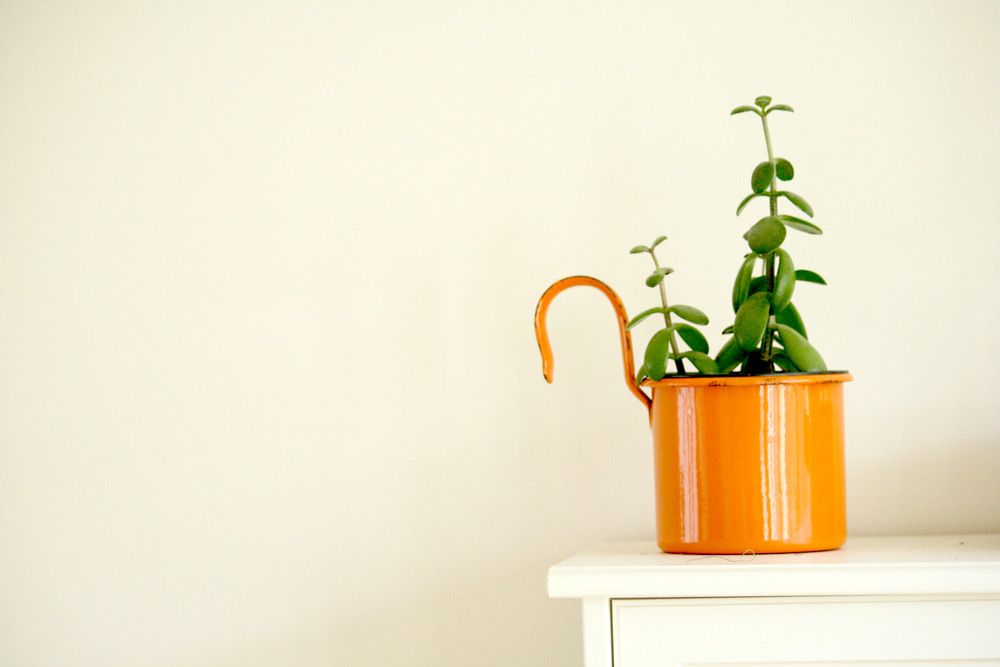
Why to consider a digital detox
Your attention is worth money. A lot of money. Deleting all social media apps from your phone is a radical act of activism in our modern attention war. Companies benefit from the popular belief that you need to be connected to social media continuously to survive (or even be normal) in our information age.
Ever since social media has become available on smartphones, companies like Facebook have become ruthless at making their applications stickier. Suddenly they had a gateway to lure in your attention 24/7. In fact, most design decisions find their base in strategically applied addiction theory.
And it shows. The average time people spend on social media each day is about two and a half hour. Dutch people spend an average of 79 minutes a day on social media. Facebook is the clear winner, followed by Youtube, then Instagram, Whatsapp, Twitter and Snapchat. And that’s without accounting for binge-watching series or checking for emails (and consequently, the time you need to recover from that interruption to get work done that actually matters).

As an argument for going along with the status quo, people often point to some vague benefit that an application brings. And an app might, in fact, support your goal to some extent. Sure, those pictures of your nephew online might give you the illusion of being connected to your family. But wouldn’t spending time together do a much better job at fulfilling that goal? Or, you could call or face-time your international friend to talk about what’s actually going on in their life instead of simply consuming the filtered ‘my-life-is-great-and-I-have-happy-Hawai-family-pictures-to-prove-it’ version.
Somehow, nobody seems to bother to ask: Is this the best tool, the best technology, to serve the value I am trying to derive from it? Is my behaviour and time in fact a reflection of my most important values?
An answer to that question was exactly what I was hoping to clarify for myself by doing a digital detox.
How to do a digital declutter
Step 1: Define your technology rules
Step 2: Take a 30 day break
Step 3: Reintroduce technology
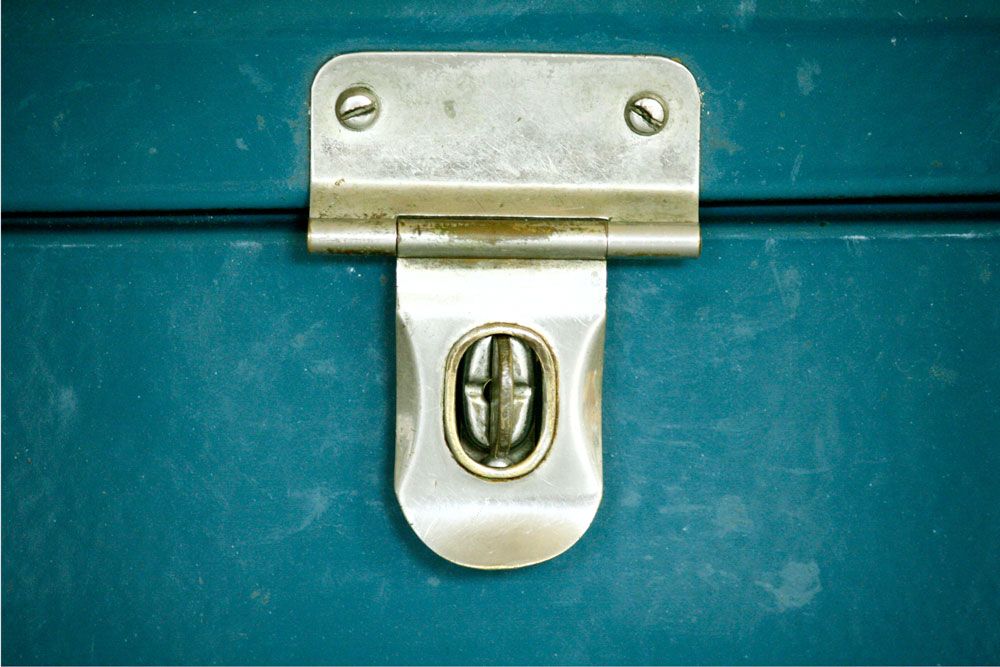
Step 1: My digital detox technology rules
- No checking email on phone (I deleted my email app from my phone), and no checking email after 18.00 or on weekends.
- No watching Youtube videos (except for the occasional exercise & meditation video, or to research specific instructions for a project I’m working on).
- No Pinterest, Facebook or Instagram
- No watching movies or series alone. Not together with Joran either.
- Unsubscribe from most email subscriptions as emails come in if they don’t provide real value to me.
Step 2: Take a 30 day break
When you use something everyday, it’s hard to realise you don’t need it. A digital detox helps you to become aware of your addictive patterns. When you do reintroduce technology, you will do so with a clear mind.
The easy part
Not using Facebook or Instagram was not hard for me, as I unlearned these behaviours a long time ago. When I bought a new phone a few months back, I simply didn’t install these apps. I haven’t used Twitter in years, and never used Snapchat in my life.
The email twitch
I discovered that I have a constant urge to check my email. It starts when I wake up, and I found it extremely difficult to not check my email during the weekends. Of course, the moments that anything interesting ever does come in are super rare. Which does however match the theory that unpredictable rewards are much more addictive.
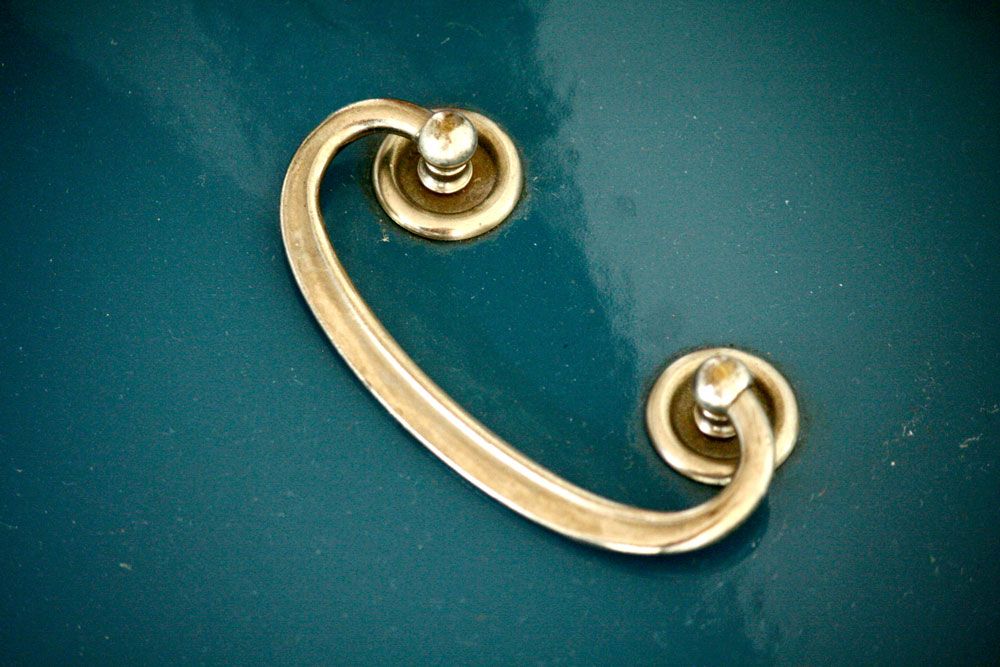
Video as effortless reward and passive leisure
I missed my downtime of watching YouTube and movies. I realized I use them quite often as a form of relaxation: as a short moment of inspiration during my lunch break or a reward after a long day to do absolutely nothing and take my mind off of things.
I like watching movies and don’t think that’s a bad thing. I want to be more deliberate about the frequency and content though. I’ve noticed that whenever Joran is away I tend to fill that void more easily with movies.
As for YouTube, it has sneaked into my life and I consume more time mindlessly on the platform than I would like to. However, I do find some channels inspiring. I can probably schedule one deliberate block of time per week to watch my favourite channels. Then I can neglect all the promising click-bait titles the rest of the week.
Boredom set in
Without my video time, I actually felt bored during this month at times. Strangely, I probably hadn’t felt bored in years. I am so used to fill every moment of my day: ideas, activities, thoughts or passive reaction. Feeling bored, quite honestly, felt somewhat nostalgic.
Usually there is this constant possibility that something interesting may come in or be discovered. There is the constant noise of connection. They were slowly fading.
What was left… just the serene silence of the living room.
More active leisure and sleep
I found myself reading more. I spontaneously tackled (part of) my refurbishing project one evening, while my first longing had been to just watch a movie and pass out on the couch. And honestly, it happened more than once that I simply went to bed when I was feeling tired (meaning on time), as I was more aware of actually being tired.
Even though I think I generally approach my media consumption quite consciously, I felt like time was a little more stretched out this month. Some evenings felt a tiny bit longer. Others just the same.
My digital detox month didn’t really change the content of my activities (although Newport does suggest trying out loads of new things in this freed-up time, particularly doing and discovering the things you love). But I attribute that mostly to already being very conscious about my values and time.
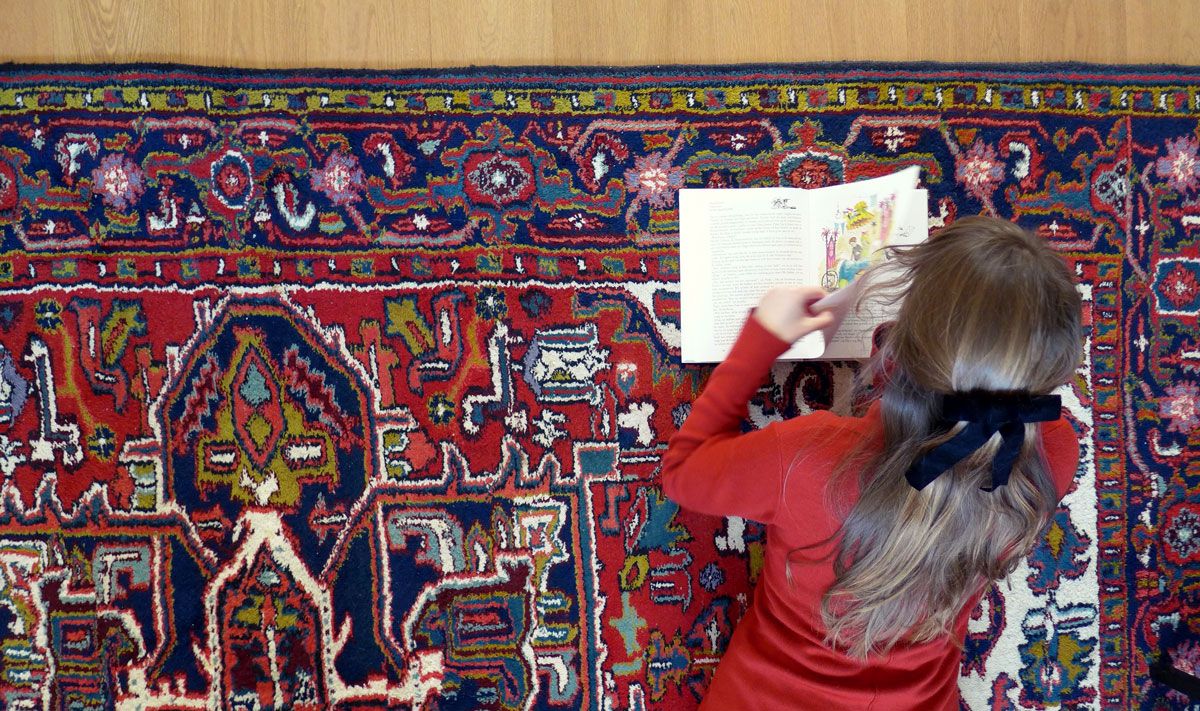
Step 3: Reintroduce technology
To let something back into your life it must:
1. Serve something you deeply value
2. Be the best technology to serve this value
3. Have a role in your life that is strained by operation procedure that specifies when and how you use it.
Benefit of dumbing down your smartphone
Dumbing down your phone and making crude decisions on what should be on there brings real benefits. You’re less tempted to use your phone continuously and mindlessly, leaving you restless and distracted. You are less tempted to check your email continuously during the day.
Phone time often sneakily eats up small moments of your day, time that could have served you in other ways: to take a break, inhale deeply, let your mind wander, or actually have enough space of mind to let a spark of creative energy in.
This doesn’t mean I have no apps on my phone. I use a meditation app, a vegetable garden app, an app for keeping track of fuel, google maps, etc. What distinguishes these from the one I consciously removed, is that I find them the most suitable forms of technology to serve my purposes.
However, most apps serve you just as well from a desktop and don’t provide real extra value from being on your phone.
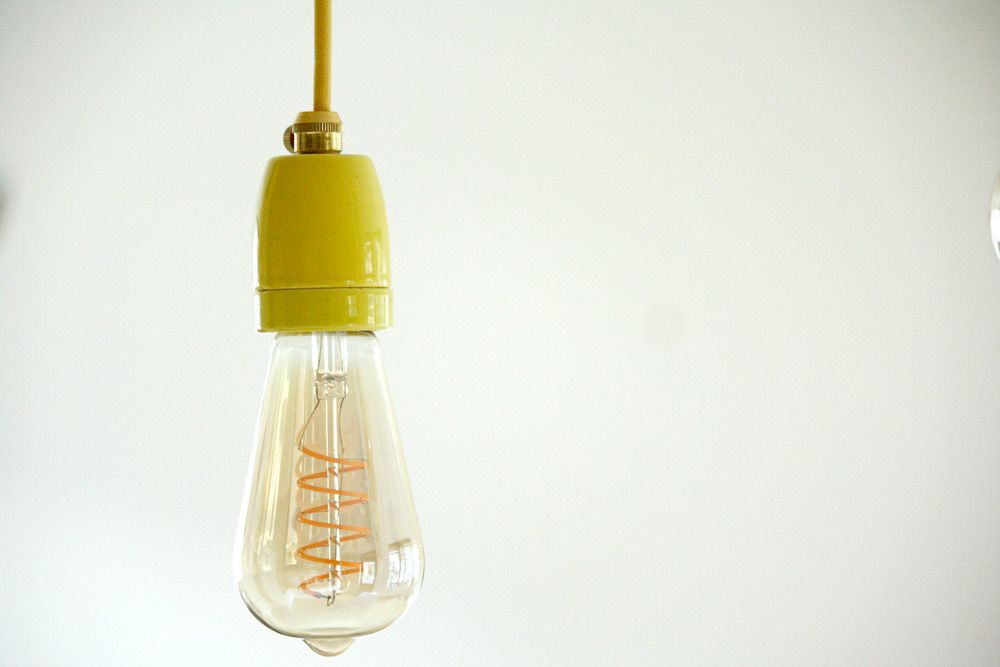
My New Digital Rules
Smartphone
- I use only my desktop to access any (social) media account or consume media. I don’t access any social media application from my phone (including email, Instagram, Facebook, Pinterest and Youtube).
- Whenever I try to get deep work done, I put my phone on silent mode or keep it out of reach.
- When I go to sleep, I leave my phone downstairs.
- I will experiment with leaving my phone at home when I go out for errands or situations where I don’t think I’ll necessarily need my phone. (I won’t do this at night anymore, since I made Joran worried for not coming home at my regular time without the ability to reach me, when I spontaneously went out for drinks after singing practice one night).
- Don’t check email before breakfast, after dinner or in weekends.
- Block my email when I want to get uninterrupted work done to prevent the temptation to satisfy my email twitch.
- Schedule a weekly moment to bring my inbox (close to) inbox zero. Batch-handle emails that linger in my inbox as they have a low priority or a task attached that needs thought, time or scheduling.

Youtube
- Once a week on weekends, I may mindlessly watch whatever I want for about an hour, an hour and a half max. (This time includes blog-reading, scrolling Instagram and surfing the web but the bulk is Youtube).
- When I am working on a specific project and lack information (like how to reupholster a chair) I may search Youtube for instructions.
- I can freely use Youtube as a tool for: exercise, meditaton, (worship) music and acroyoga videos.
Movies, Series, Documentaries
- I may watch movies & documentaries socially (with Joran, family, friends), but take a moment on forehand to consider/discuss potential alternatives.
- I may watch 1 movie, documentary or episode by myself per week. However, I critically eliminated movies from my watch list that I don’t feel excited to see (almost 2/3rd).
- No binge watching series socially either (never more than 2 episodes a day with a max of 3 a week).
- No regular TV (we don’t even have a subscription).
Honestly, I haven’t really figured out Whatsapp yet. I didn’t remove it during my digital detox, since I use it as an important communication tool.
I don’t feel the urge to directly respond to any message coming in. Sometimes I will take hours or days to react, finding a time that suits me. Other times I do find myself checking for messages, directly responding and getting distracted by it.
I already avoid group chats whenever I can. Some groups however provide information only through this medium, not through other means of communication. Besides this relevant information, they are also filled with nonsense that doesn’t provide any real value. I stay for the relevant information (rehearsal date change, event invites, altered start time), but am not sure how to deal with all the noise quite yet.
I feel this one still needs some further experimentation to discover what works for me and feels good.
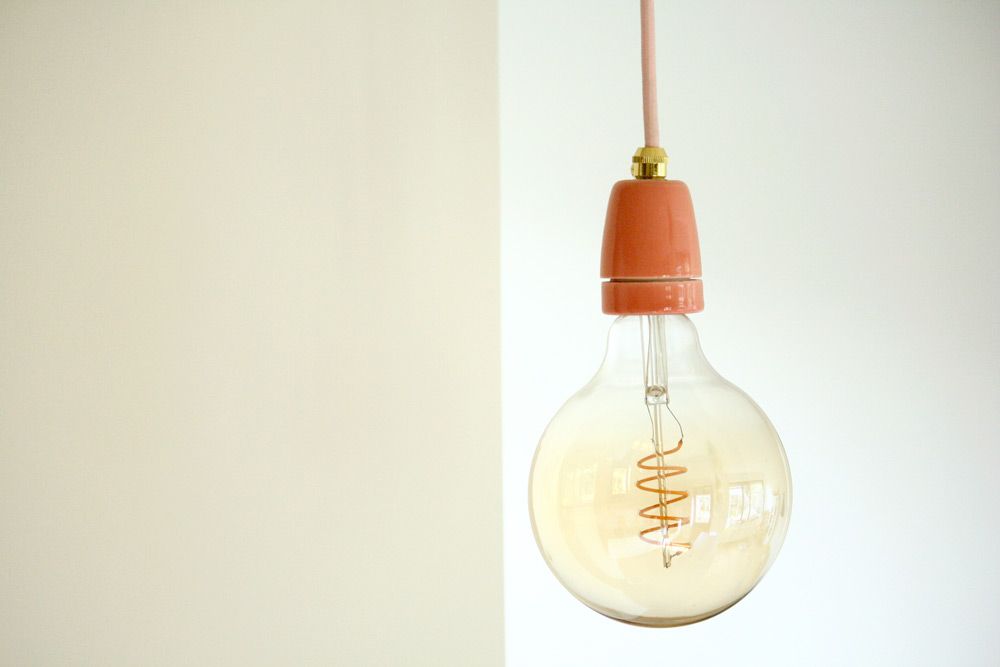
No Facebook
- Exception 1: Search for local events to explore and propose activities to do for fun.
- Exception 2: Post a link to my Magical Daydream Facebook page when I publish a new blogpost.
- Exception 3: Respond to income messages (which rarely ever happens anymore).
No Instagram
- Exception: Use a hack to post images from my desktop and immediately after check out again (so no mindless scrolling).
No News
I don’t watch or read news. It makes me feel scattered and sad. Every now and then I ask Joran if I missed anything important lately. He brings me up to date. If I want to know more I look the topic up.
No Pinterest
- Exception 1: When I am working on a specific project, like a home renovation project, a cabinet makeover or developing a style board, I will set a specific goal and a timer and search Pinterest.
- Exception 2: Add pictures from a new blogpost I created.
Digital rules are personal to your circumstances and your values.
The digital rules that I created for myself, apply to my current situation and life circumstances. Your work or social life may require different rules. Mine may change in the future. But I do intent to be deliberate about them. If my digital behaviour does change, I want it to be because of intentional effort and not unconscious addiction patterns.
I’m curious. How do you create healthy boundaries around your use of technology? What works? Where do you still struggle?
[Disclosure: this post contains affiliate links.]


![Project House [30 days of getting chores done behind the scenes]](https://www.magicaldaydream.com/wp-content/uploads/2018/07/Shelf-150x150.jpg)

